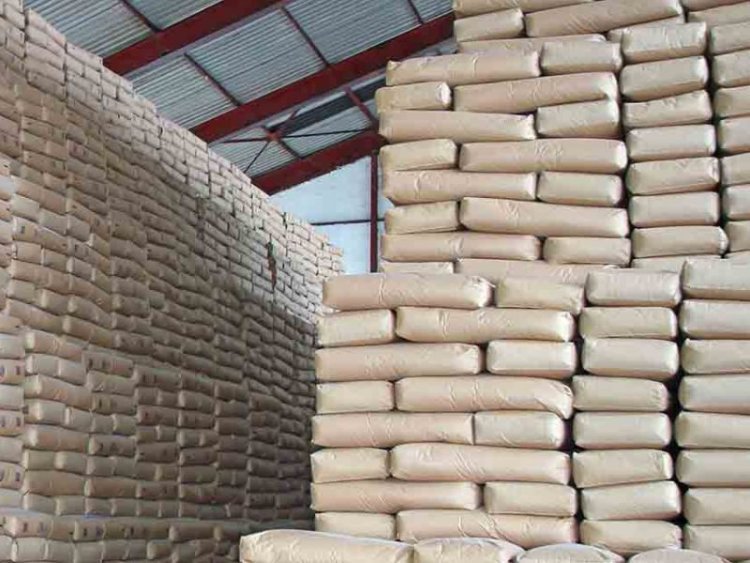The Central government has decided to ban the export of sugar in view of the possibility of rise in sugar prices due to a decline of 32 lakh tonnes in the production of sugar in current season (2022-23). Notification in this regard may be issued soon.
According to Rural Voice sources, on April 27, a Committee of Ministers (CoM) after reviewing the production of sugar in the country, its availability and increase in prices, decided that there is a need to ban the export of sugar.
In this regard, the Union Minister for Consumer Affairs, Food and Public Distribution has been advised to approve the proposal. According to sources, the committee has decided that dispatch of sugar for export from sugar mills should be banned with immediate effect.
Sources told Rural Voice that a Committee of Secretaries had a meeting on this issue on April 24 before the Committee of Ministers.
In the government estimates, the production of 327 lakh tonnes of sugar has been estimated in the current crushing season (2022-23) while last year (2021-22), 359 lakh tonnes of sugar was produced.
On the other hand, according to the data available with the government, from November 1, 2022 to April 25, 2023, sugar mills have informed the government about the dispatch of 58.04 lakh tonnes of sugar for export.
The Committee of Ministers was informed that the ex-mill price of sugar in the domestic market has increased by five per cent in the last one month.
Market sentiments have been affected in view of the shortfall in production. However, there has not been much increase in sugar prices in the domestic market as compared to the international market prices.
But this increase in the price of sugar can affect consumer inflation, due to which the access of sugar to the weaker sections at an affordable price can be affected.
In view of this, there is an urgent need to stop the dispatch of export sugar from sugar mills to maintain the availability of sugar in the country at affordable prices.
Keeping this in view, the Minister of Consumer Affairs, Food and Public Distribution has been requested to approve the proposal to ban the dispatch of sugar for export from sugar mills with immediate effect.
According to industry sources, in the current year, according to the government, sugar production is estimated at 327 lakh tonnes. The outstanding stock of sugar at the beginning of the current year as on 1st October, 2022 was 70 lakh tonnes.
At the same time, the government had allowed the export of 60 lakh tonnes of sugar for this season. The annual consumption of sugar in the country is around 275 lakh tonnes, so at the end of the current season only about 62 lakh tonnes of sugar stock will be available in the country, which is equal to the domestic requirement of about two and a half months.
Last year (2021-22), 110 lakh tonnes of sugar was exported from the country.
A source in the sugar industry told Rural Voice that exports from India registered a huge increase last year due to better sugar prices in the international market.
For the current year, the government had fixed an export limit of 6 million tonnes. In view of the decline in production, there has been a situation of ban on exports.
There are assembly elections in 9 states this year and after that general elections are to be held in 2024. The government does not want to risk the rise in sugar prices becoming a political issue.
In view of this, steps are being taken to ban exports so that due to the decline in production, an environment of rise in sugar prices in the country cannot be created.
Although most of the sugar has been exported out of the fixed quota for the current year, but about two lakh tonnes of sugar has not yet been dispatched for export in the records of the government. Its exports may be affected by this decision of the government.
According to the sugar export data till April 8, 2023, in the current year, maximum 6.31 lakh tonnes of sugar has been exported from India to Bangladesh. Other major importers are Djibouti, Iraq, Somalia, Sudan, Indonesia, Sri Lanka, United Arab Emirates, China, Saudi Arabia, Libya, Afghanistan, Cameroon and Jordan.




 Join the RuralVoice whatsapp group
Join the RuralVoice whatsapp group









































